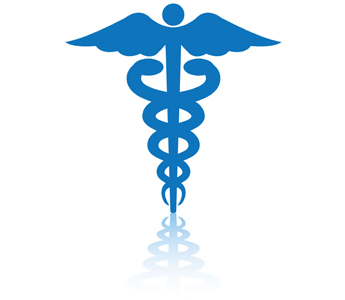Many companies offer employees a choice between two 401(k) plans. The version with which you’re probably most familiar As before, you can choose to defer some salary and defer the income tax as well. You’ll also defer the tax on any investment earnings. However, when you withdraw tax-deferred earnings and tax-deferred investment income, you’ll owe income tax. You’ll probably owe a 10% penalty on withdrawals before age 59 1/2, too. Another option you may have is a Roth 401(k). With this account, you’re not deferring income tax, so you’re contributing after-tax dollars. Again, you wont owe tax on any investment income inside the plan. After you’ve had a Roth 401(k) for 5 years and after age 59 1/2, all withdrawals
2011 Q3 | Choosing the Right 401(k)




